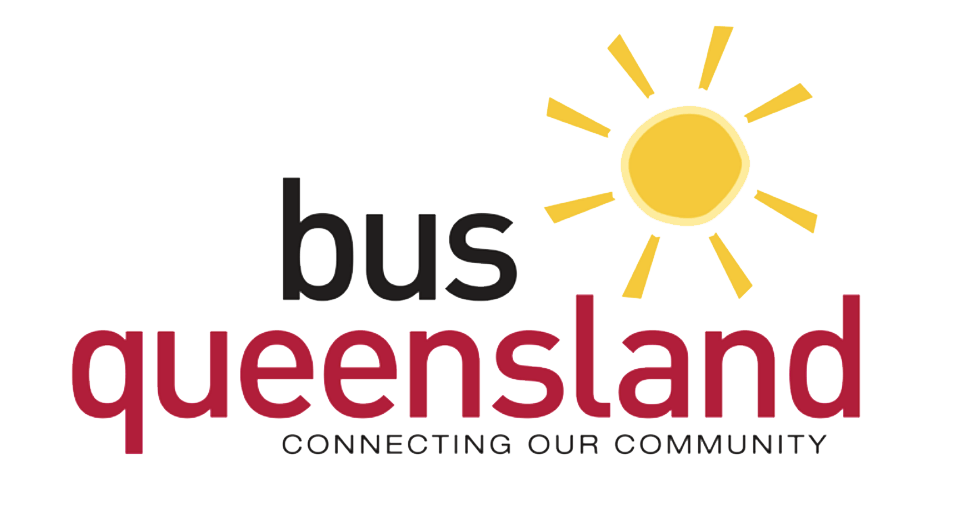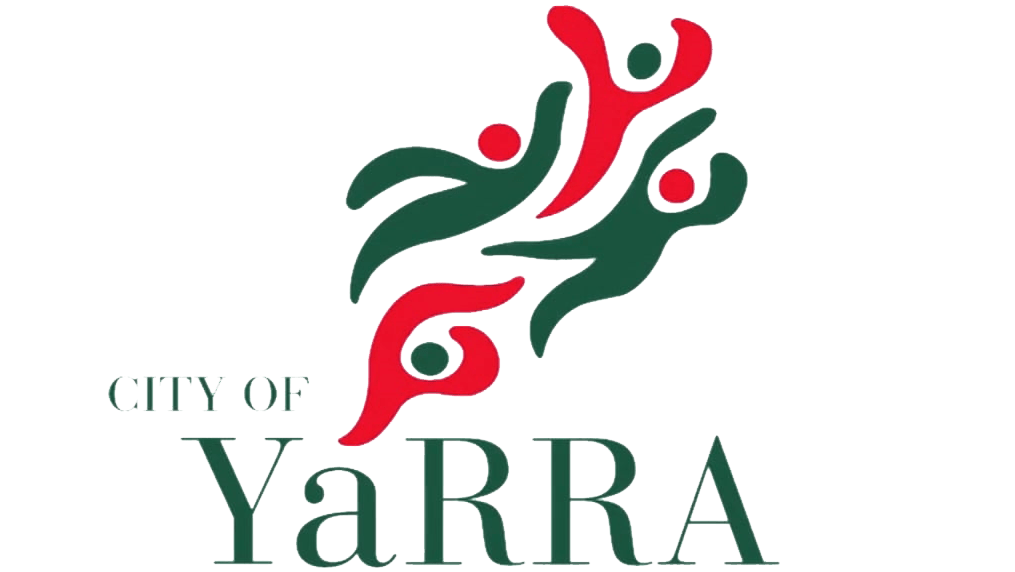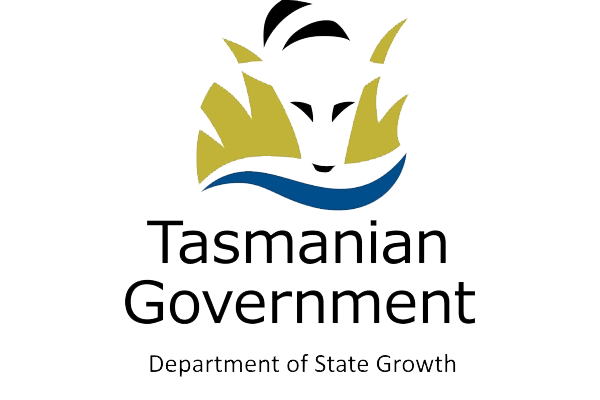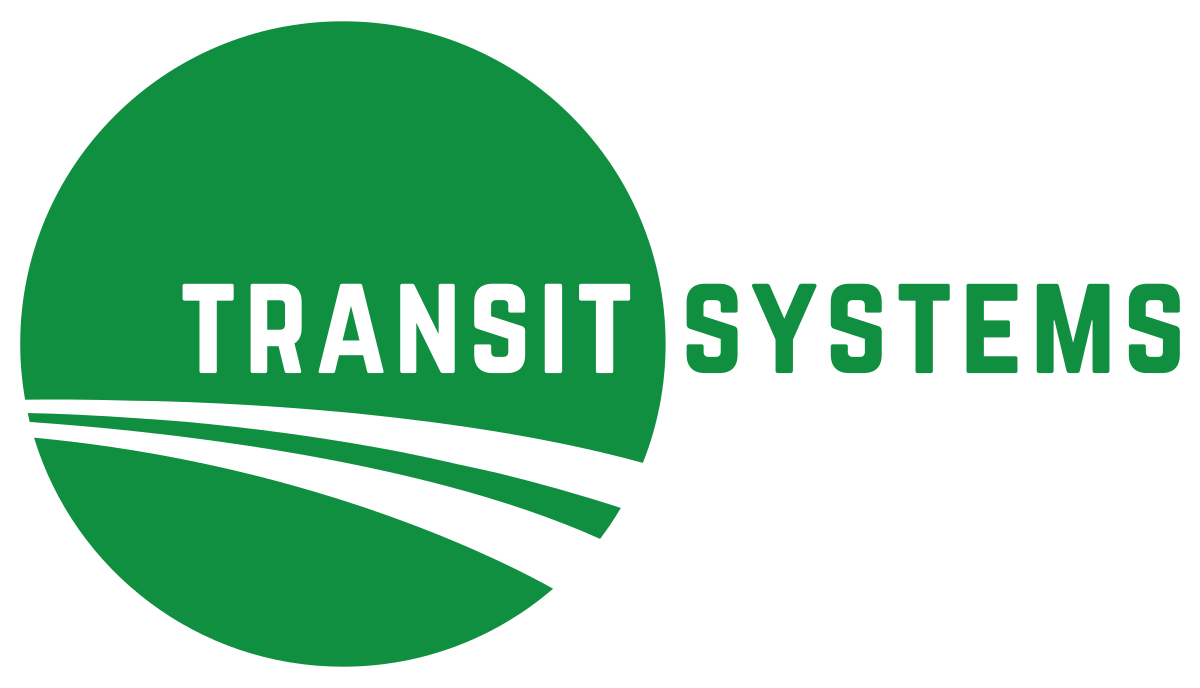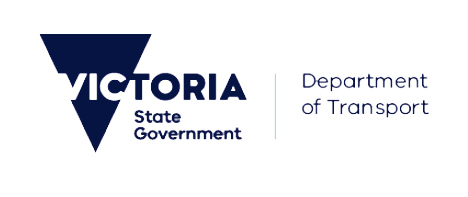Project Description
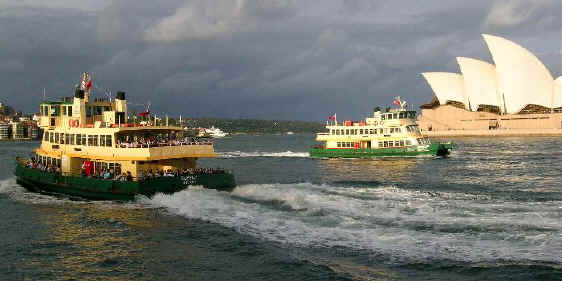
Phillip Boyle & Associates has worked with Sydney Ferries since 2006 on a range of operational planning and scheduling projects. In 2009, we also provided technical and strategic support for the successful Sydney Ferries operating bid. Sydney Ferries is one of the world’s most recognised ferry services, providing service across Sydney Harbour and Parramatta River. Sydney Ferries’ fleet, comprising six unique vessel classes, operates over 175,000 services annually.
Highlights
In June 2009, a set of revised shifts, running times and rosters were introduced, in addition to some timetable modifications. These rosters improved efficiencies and simplified operation.
Scope of Works
Key Tasks
Services to Sydney Ferries have included:
- Providing advice regarding changes to labour agreements
- Directly negotiating with maritime unions
- Providing scheduling and operations planning advice and assistance
- Assisting with implementation of computerised scheduling and rostering systems
- Developing sophisticated spreadsheet-based rostering tools
- Creating interfaces to operations information systems
- Scheduling staff training.
Phillip Boyle & Associates worked closely with all stakeholders, including operations staff and maritime unions, to produce optimal operating solutions. This process involved an appearance at a Special Commission of Inquiry and submissions to Federal Court arbitration proceedings on Sydney Ferries’ behalf.
Key Challenges
Scheduling for ferry services presents a range of unique challenges associated with a maritime environment, including:
- Unique constraints and requirements of vessel operation (e.g. maintenance, fuelling and berthing)
- Comprehensive safety requirements overlaying labour agreements – the need for crew-based rosters (simultaneous rostering of masters, engineers and deckhands) and vessel ownership results in a series of ‘micro-scheduling’ problems
- Unique vessel-type requirements
- Complexities of having different crew categories on each vessel with their own labour rules.

